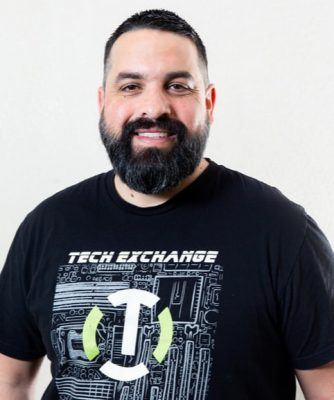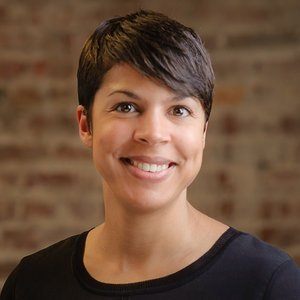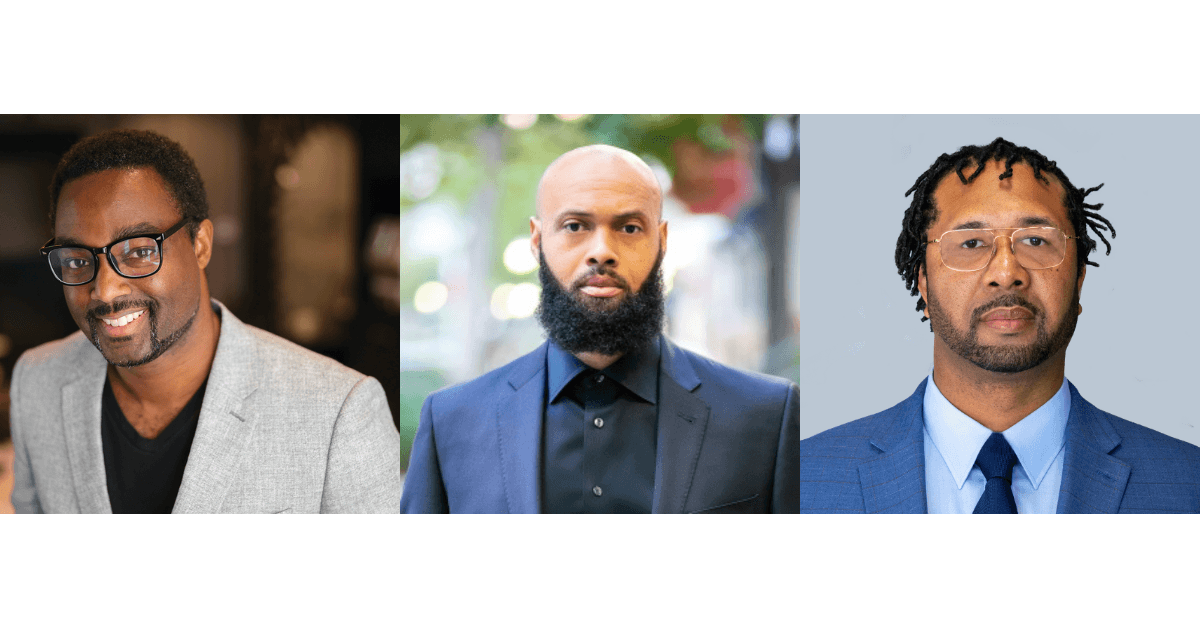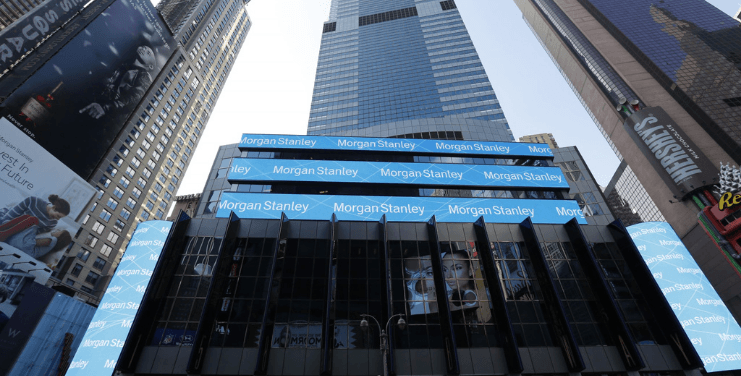Even before being thrust into a nationwide pandemic, lack of internet access was an issue for communities across the country, especially within low-income Black and Brown households. According to data by Pew Research collected in 2019, 44 percent of households with incomes below $30,000 a year don’t have broadband service, 46 percent don’t have a traditional computer, and 29 percent don’t own a smartphone. These disparities have been put into plain view as schools, jobs, and other crucial aspects of daily life have gone completely digital, creating a world where some people have the ability to meet their basic needs while others don’t. A recent report by Wired addresses the potential of a “COVID slide,” or the potential for increased “learning loss” amongst underserved students much like the “summer slide” that occurs when low-income students lack access to supplementary materials.
In one of the country’s biggest hubs for technological innovation, this disparity is clear. Tech Exchange — an organization focused on digital equity for people in the Bay Area — estimates that 1.5 million residents lack internet access at home and 41 percent of low income families don’t have a computer or internet access. Founded in 1995 to address the digital divide, TechExchange’s work has been extremely important this year as many employees and students are forced to stay home.

Normally, TechExchange and it’s volunteers, including tech employees from companies such as Google and Gap Inc., are scattered across Oakland, passing out laptops to those in need and providing digital skills workshops for people, teaching them how to do things like sign up for affordable internet and find local services. But social distancing has challenged this work, — which is even more vital right now — limiting volunteer opportunities for people wanting to help, causing TechExchange to ask people to make donations instead.
Right now, devices are in high demand, and the organization’s ability to gain access to and refurbish computers that are no longer being used are a core part of its strategy. But as businesses shift to remote work, physically accessing these devices has been a challenge, causing them to switch gears. “The level of urgency is up but we’re also kind of realizing that in order to solve this it’s going to require a combination of used and new [products], foundations and corporations, and individuals,” Joel Peña, TechExchange’s director of strategic partnerships said.
Partnering with the City of Oakland and the Oakland Public Education Fund under the name Oakland Undivided, the organization benefited from a $10 million donation from Twitter CEO Jack Dorsey. The donation is part of the Start Small Initiative, Dorsey’s $1 billion COVID relief program. With this donation, the organization anticipates it will donate about 35,000 devices to families, a significant jump from the 3-4,000 they typically donate annually. 25,000 of those devices will be through Oakland Undivided. “In order to be able to make those kinds of jumps, it requires funding in the way and the style that Jack Dorsey has done it,” Peña said. “And he’s not only done it with us. He’s done it with a neighbor organization here to provide the other necessities, [including] housing, temporary assistance for rent, [and] food.”
Catherine Bracy is the CEO and co-founder of TechEquity, an organization that works with tech workers and companies to address inequalities in their communities. She said the company mainly focuses on housing, workforce, and labor issues in the Bay, but believes that working to address the digital divide, especially amid the current pandemic, aligns with this mission. “We really see the digital divide as a workforce development issue,” she said. Having internet access and the skills to use it is no longer really a ‘nice to have.’ You have to have those skills in order to be able to fully participate in the economy these days.”

Throughout the pandemic, TechEquity has worked to connect volunteers with TechExchange to help refurbish machines. They’ve also helped with donations and providing technical support to families as they adjust to working from home.
For TechEquity, the recent health pandemic and racial uprising have highlighted the importance of the work they’ve been doing all along. In many ways, Bracy said, working to decrease the digital divide will help to “broaden the talent pool” in the tech industry. “The people who are disproportionately lacking access to these tools and skills are people of color. And the people who are disproportionately underrepresented in tech are people of color,” she said.
Bracy said she believes tech workers are obligated to give back to underserved communities who aren’t benefiting from the booming tech economy. “Given that tech has really been the backbone of the Bay area’s economy, the people who work in that industry really are in a special position to help ensure that our neighbors are also benefiting from that growth, whether they work in tech or not,” she said.
While the pandemic has had a significant health impact on California alone with the state becoming the first to surpass 600,000 coronavirus cases, it has heightened knowledge of the digital divide on a national scale. Organizations who have been working on this issue are hoping that the attention leads to significant change. “It’s a national conversation now and that wasn’t the case before,” Peña said, adding that organizations such as Tech Exchange will need continued donations and volunteer support to chip away at the digital divide.
This story is possible thanks to support from the Ewing Marion Kauffman Foundation, a private, nonpartisan foundation that works together with communities in education and entrepreneurship to increase opportunities that allow all people to learn, to take risks, and to own their success. For more information, visit www.kauffman.org and connect at www.twitter.com/kauffmanfdn and www.facebook.com/kauffmanfdn.








